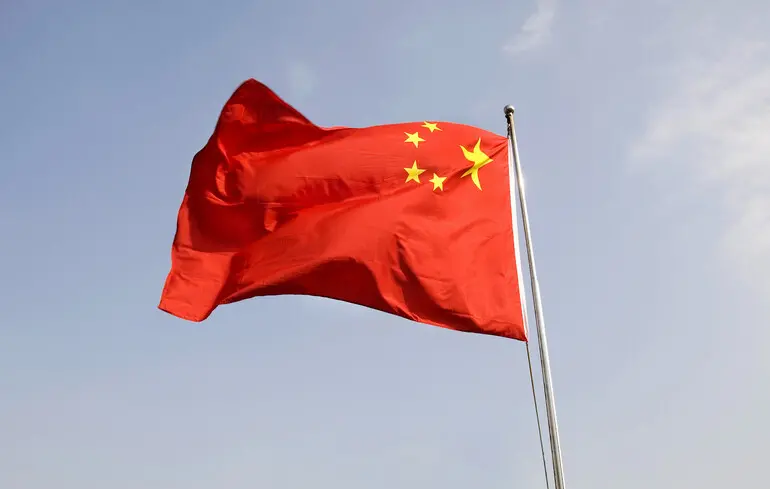China Responds to EU Sanctions: A New Phase in Global Diplomacy and Economic Relations

In the context of recent geopolitical developments, China has demonstrated its ability to adapt to the challenges of the international landscape by imposing sanctions on two European financial institutions.
This move marks another step in Beijing’s complex balancing act between diplomacy and economic influence, especially after the EU in July restricted several Chinese lenders over their involvement in the Russia-Ukraine conflict.
The targeted banks, UAB Urbo Bankas and AB Mano Bankas, are now prohibited from conducting operations, entering into agreements, or collaborating with local financial entities within China.
The Ministry of Commerce of China expressed hope that the EU would recognize the importance of developing mutually beneficial economic relations and cease actions that harm China’s interests.In response, EU officials pledged to thoroughly examine the situation and consider possible revisions of their sanctions.
Ulrich Ghell, a spokesperson for the European Commission on economic security, stated that the EU remains open to finding mutually acceptable solutions, including the potential removal of banks from the sanctions list if an agreeable compromise is reached.
The EU’s sanctions, introduced in July, targeted two Chinese banks and five companies, allegedly for providing cryptocurrency services used to circumvent existing restrictions.
These measures are part of broader efforts to counteract financial tools used for sanctions evasions amid the ongoing Russia-Ukraine conflict.Another significant trend is China’s support for Russia amid Western pressure.
Analysts suggest Beijing is trying to maintain a neutral stance outwardly while strengthening its geopolitical influence through diverse roles—mediator, supplier, resource provider, and observer.
In the analytical article “What Truly Benefits China: Endless War in Ukraine or Weak Russia?” the motivations behind Beijing’s diplomatic and strategic maneuvers are examined, highlighting its tactics to avoid direct conflict while still shaping international dynamics.
This approach reflects a multi-vector strategy aimed at navigating the current geopolitical instability and maximizing opportunities for national interests on the global stage.

